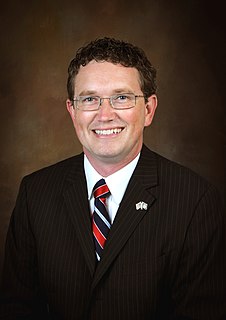A Quote by J. Robert Oppenheimer
We do not believe any group of men adequate enough or wise enough to operate without scrutiny or without criticism.
Related Quotes
We do not believe any group of men adequate enough or wise enough to operate without scrutiny or without criticism. We know that the only way to avoid error is to detect it, that the only way to detect it is to be free to inquire. We know that in secrecy error, undetected, will flourish and subvert.
Young men are as apt to think themselves wise enough, as drunken men are to think themselves sober enough. They look upon spirit to be a much better thing than experience; which they call coldness. They are but half mistaken; for though spirit without experience is dangerous, experience without spirit is languid and ineffective.
That which men suppose the imagination to be, and to do, is often frivolous enough and mischievous enough; but that which God meant it to be in the mental economy is not merely noble, but supereminent. It is the distinguishing element in all refinement. It is the secret and marrow of civilization. It is the very eye of faith. The soul without imagination is what an observatory would be without a telescope.
Suffer me never to think that I have knowledge enough to need no teaching, wisdom enough to need no correction, talents enough to need no grace, goodness enough to need no progress, humility enough to need no repentance, devotion enough to need no quickening, strength sufficient without Your spirit; lest, standing still, I fall back for evermore.
... there are those who believe that mathematics can sustain itself and grow without any further contact with anything outside itself, and those who believe that nature is still and always will be one of the main (if not the main) sources of mathematical inspiration. The first group is identified as "pure mathematicians" (though "purist" would be more adequate) while the second is, with equal inadequacy, referred to as "applied".




































